‘We are waiting for war’: Lebanese say Israel has gone too far
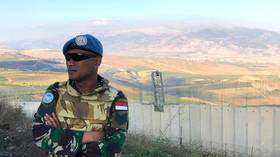
After the recent Israeli attacks against Lebanon, Syria, and Iraq, the Middle East has found itself in the midst of undeclared war.
Almost everyone in Lebanon appears to agree. “This time Israel went too far. In just two days, it bombed three countries,” I am told by a local UN staffer based in Beirut.
The same day, my local barber was talking like he saw it all, his voice full of sarcasm and determination:
“Israeli Prime Minister Benjamin Netanyahu is facing tough elections at home, while his wife is on trial for fraud. A bit of excitement during the evening news can only help his chances of regaining attention from his electorate. But we here have had enough; we are ready to fight for our countries.”
But ‘fighting for their countries’ could prove lethal, as Netanyahu threatened to attack Lebanon as a whole, if Hezbollah decides to retaliate.
My barber is not just a barber. He is a Syrian engineer, exiled in Lebanon. The entire region is dispersed, derailed and intertwined, after NATO and Israeli attacks, occupations and destabilization campaigns.
Also on rt.com Lebanon, Iraq, Iran call out Israel's 'declaration of war' after it bombs 3 COUNTRIES in one weekendOn August 25, Hassan Nasrallah, the head of Hezbollah, put it bluntly during his televised speech in Lebanon:
“The dawn suicide attack is the first act of aggression since August 14, 2006. The Lebanese state’s condemnation of what happened and referral of the matter to the Security Council is good, but these steps do not prevent the course of action to be taken. Since 2000, we have allowed Israeli drones for many reasons but no one moved. Israeli drones entering Lebanon are no longer collecting information, but [carrying out] assassinations. From now on, we will face the Israeli drones when they enter the skies of Lebanon and we will work to bring them down. I tell the Israelis that Netanyahu is running with your blood.”
President of Lebanon Michel Aoun went even further, calling the drone attack against his country a “declaration of war.”
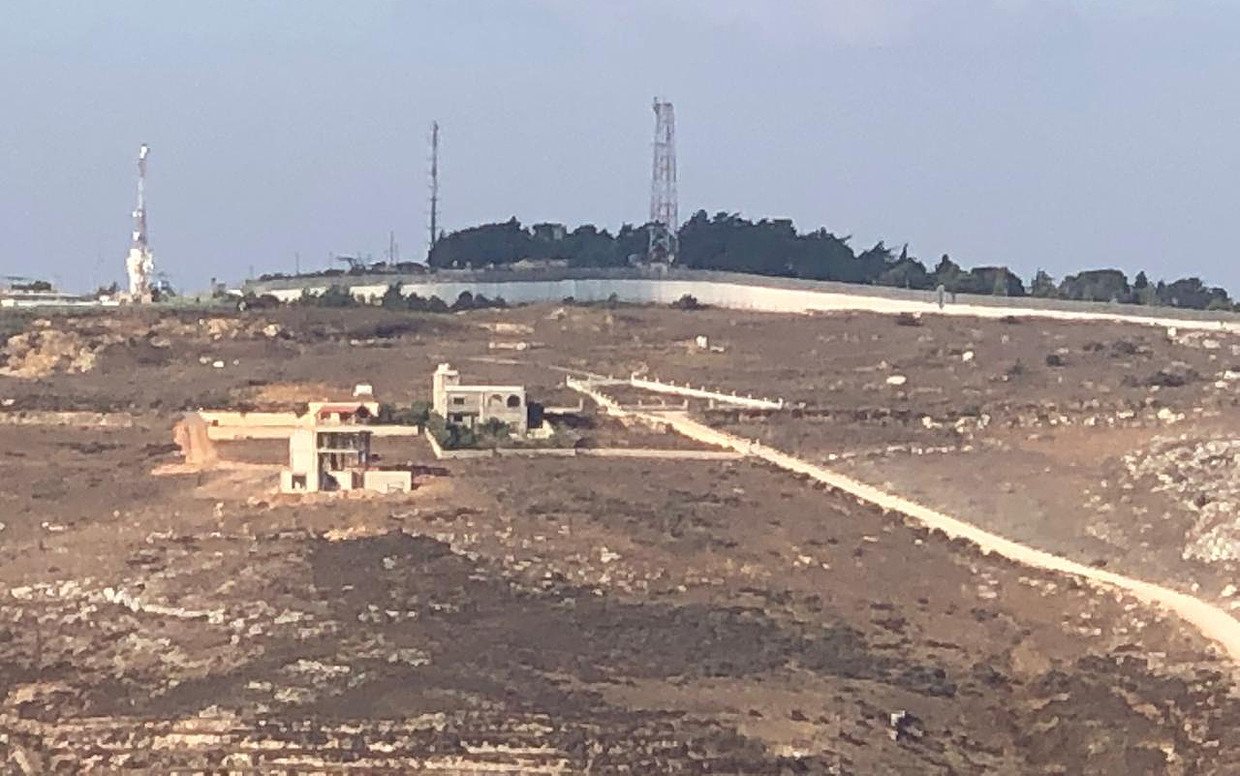
Meanwhile, a powerful block in the Iraqi Parliament – the Fatah Coalition – insists on holding the US “fully responsible” for the Israeli attacks, “which we consider to be a declaration of war on Iraq and its people.” The Fatah Coalition wants all US troops to get out of Iraq, as soon as possible.
There is no doubt that Mr Netanyahu, with his recent combat-drone incursions and bombings, has thrown the entire region into great and unexpected turmoil.
Israel has been regularly attacking Syria and bombing Palestine for decades. But Lebanon is a totally different story: only its airspace has been habitually violated by the Israeli jets flying towards the Syrian targets. Bombing Iraq is also clearly an escalation of Israel’s bellicose strategy. A bizarre escalation, considering that Iraq is still de facto a state occupied by Israel’s closest ally – the United States.
Everything that is Shia – short of Iran itself (for now) – suddenly became a ‘legitimate target’ for Israel. For many years, Shia Islam has been synonymous with the ideological resistance to Western imperialism in the Middle East: Iran itself, several factions inside Iraq, and Hezbollah, among others.
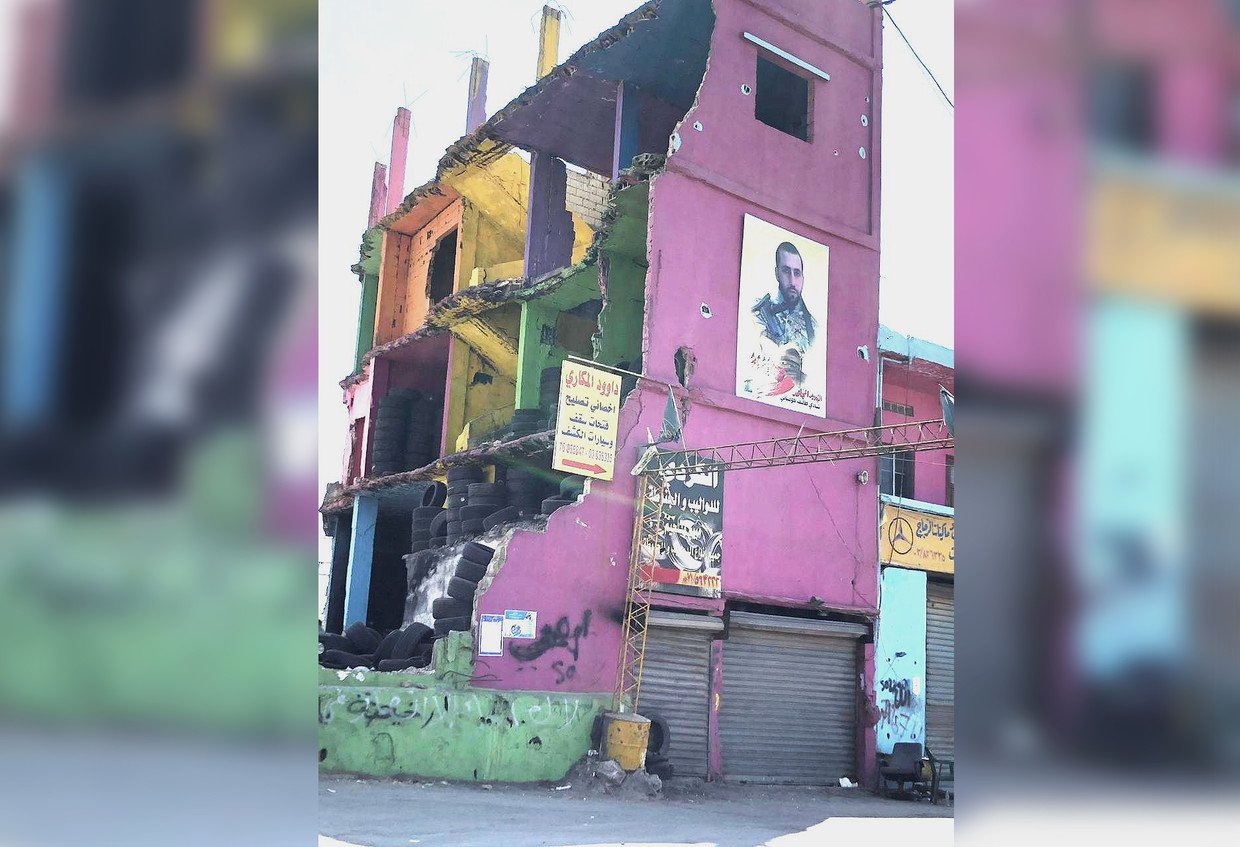
Lebanon is deeply divided
Lebanon is one of the most ‘strategic’ countries in the Middle East and the most divided one. It is based on a ‘confessional’ system. Its government is always at least ‘shaky,’ but often totally dysfunctional. Compared to its Israeli counterpart, its air force consists of toy aircraft, like converted Cessnas.
The latest Maserati and Ferrari cars drive past some of the most miserable slums in the Middle East. Posh restaurants and cafes are often just a few meters away from destitute beggars. There are hundreds of thousands of refugees in this tiny country, from all over the region: Palestinians, living in dangerous, overcrowded camps with very little hope; Iraqis fleeing war and NATO occupation; and victims of the Syrian war.
The Lebanese government and the elites are profiting from the refugee crises, allegedly pocketing money from ‘foreign aid.’ Almost nothing is left for social services, or even for defense, let alone for the poor and the lower-middle class.
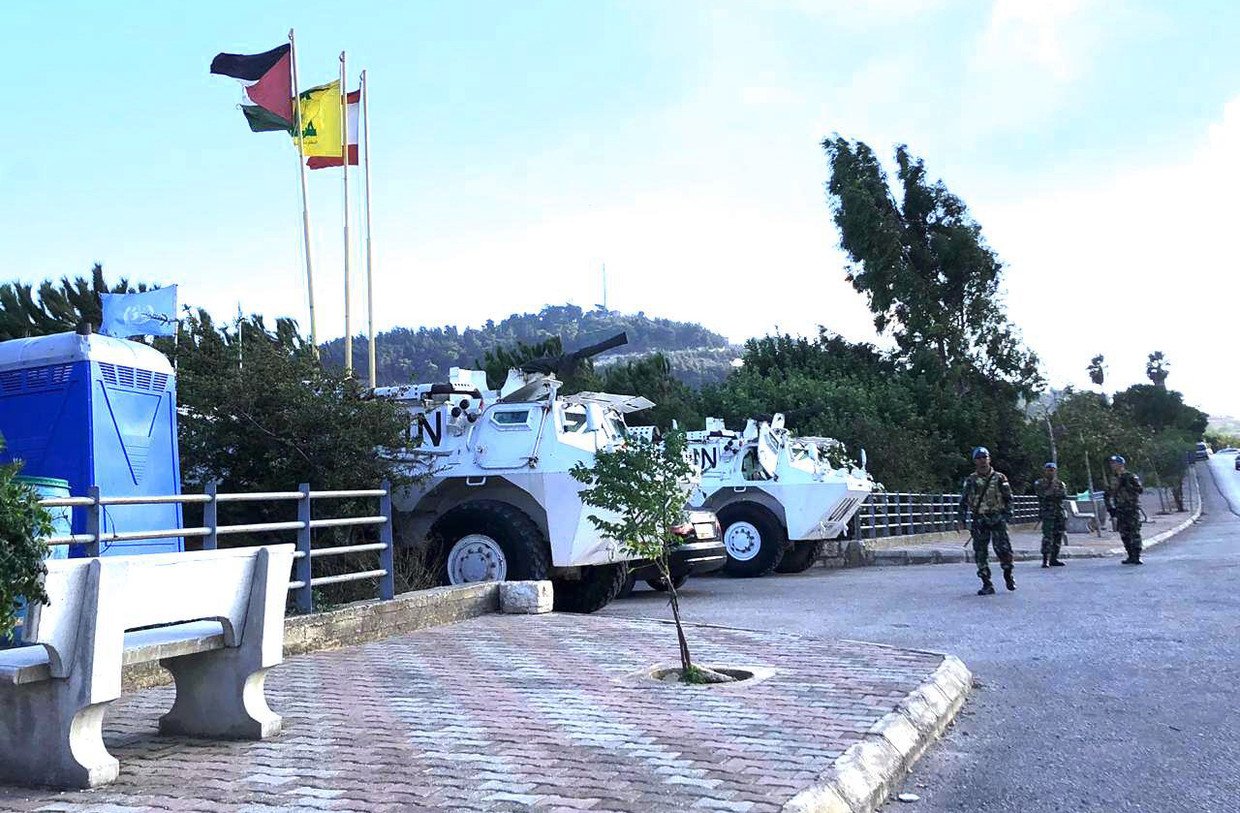
Hezbollah, on the contrary, is providing social services including food supplies, medical care and education to all people residing on Lebanese territory, regardless of race or religion. Plus, it is fighting Israeli invasions, taking into its ranks all Lebanese citizens who want to join. It also fights terrorists in Syria. It is closely linked to Iran. All this, of course, infuriates the United States, Israel and Saudi Arabia. Hezbollah is firmly on the ‘terrorist list’ of the West and its associates.
Israel is using the fight against Hezbollah and against Iranian-allied positions to justify bombing various countries in the region. It keeps ‘uncovering new plots’ and carrying out ‘pre-emptive strikes’ with the full support of the US administration.
During the latest escalation, Israel reportedly conducted three drone strikes in Lebanon’s Beqaa Valley on a base belonging to the secular, Marxist-Leninist, pro-Syrian group, the Popular Front for the Liberation of Palestine, which is, predictably, an ally of Hezbollah.
Blue Line
Just a few days ago, I managed to drive to the border between Lebanon and Israel, and then went east, following the so-called Blue Line which is patrolled by the United Nations Interim Force in Lebanon (UNIFIL), for tens of kilometers.
Israelis have already erected a wall almost all the way from the Mediterranean Sea to the Golan Heights – the Lebanese frontier.
More than a year ago, the government of Lebanon claimed that ‘building the wall would amount to an act of war.’ Israel couldn’t care less. It put up a huge concrete structure right in front of the Lebanese Army, Hezbollah, and UNIFIL.
“On many occasions, Israelis actually crossed the border, at least a few meters or centimeters, while erecting the wall,” I was told by several local farmers in the village of Markaba. And nothing happened.
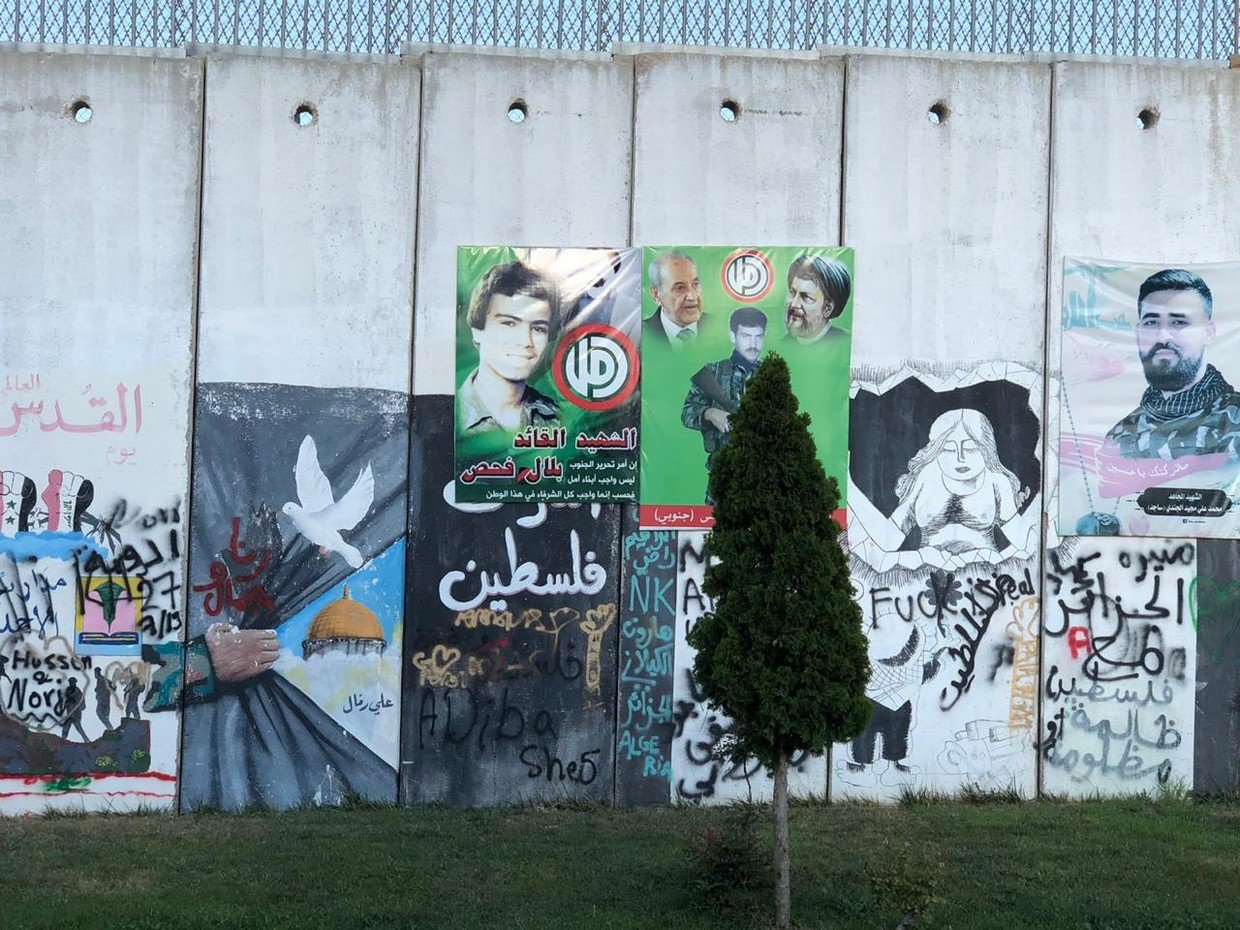
At the town of Kfarchouba, known as a Hezbollah stronghold right next to an eerie wall decorated with children’s drawings, people told me that they are “ready for a conflict; ready to die… if necessary.”
Kfarshouba is where the Israelis ‘discovered Hezbollah tunnels,’ which was an official justification for the construction of the walls.
“Nonsense,” I was told by the locals. “Tunnels were there for decades, and Israelis knew about them all along. They were fully barricaded for many years and posed no danger to Israel.”
Right in front of the horrid new Israeli fence, three flags are waving in the wind – those of Palestine, Lebanon and Hezbollah. Next to them, three UNIFIL armored vehicles are parked. Indonesian soldiers are resting, taking selfies.
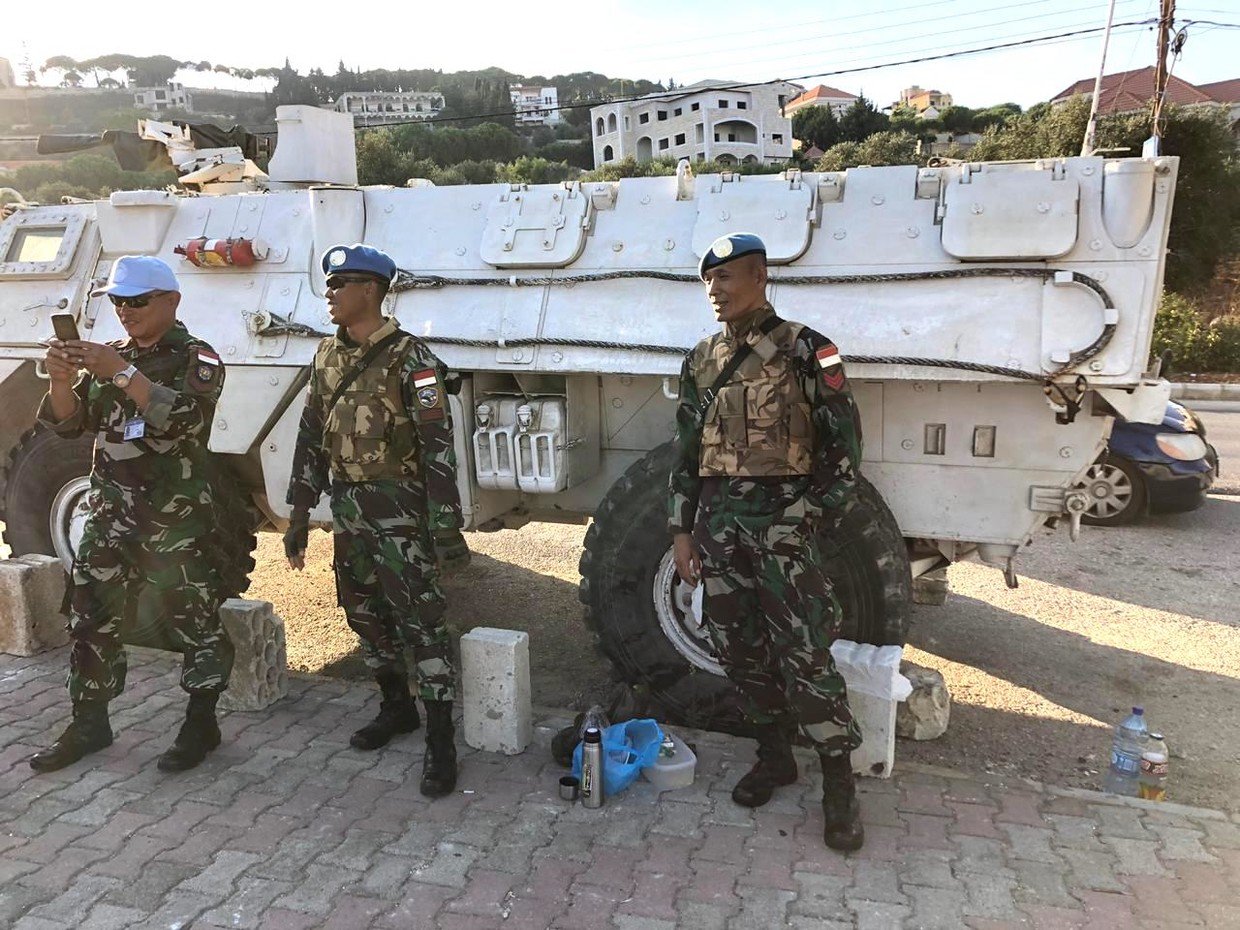
“Are you going to take action if Israel crosses the line?” I ask them.
They are grinning at me. No coherent reply is given.
The Israeli-occupied Golan Heights are just 10km from this point. And several Israeli villages and towns are right behind the wall.
With the firepower that Hezbollah has, they could be leveled to the ground in just one minute.
Although Hezbollah is apparently on ‘high alert,’ so far, the talk about ‘retaliation’ is just talk.
‘Inertia is like slow death to Lebanon’
In order to bomb targets inside Iraq, Israeli jets had to fly either over the territory of its former ally, Turkey, or over Saudi Arabia. As reported by Al-Jazeera:
“Israel and the Saudis do not have formal diplomatic relations but are believed to have established a behind-the-scenes alliance based on their shared hostility towards Iran.”
Is Israel trying to provoke several Arab countries of the Middle East into yet another war?
Or is this just another ‘humiliation’? Are Beirut, Damascus, Baghdad just going to count punches and remain idle? Are they going to quote, again and again, the UN resolutions, while Israel continuously bombs their cities and countryside, with total impunity and with the approval of the West?
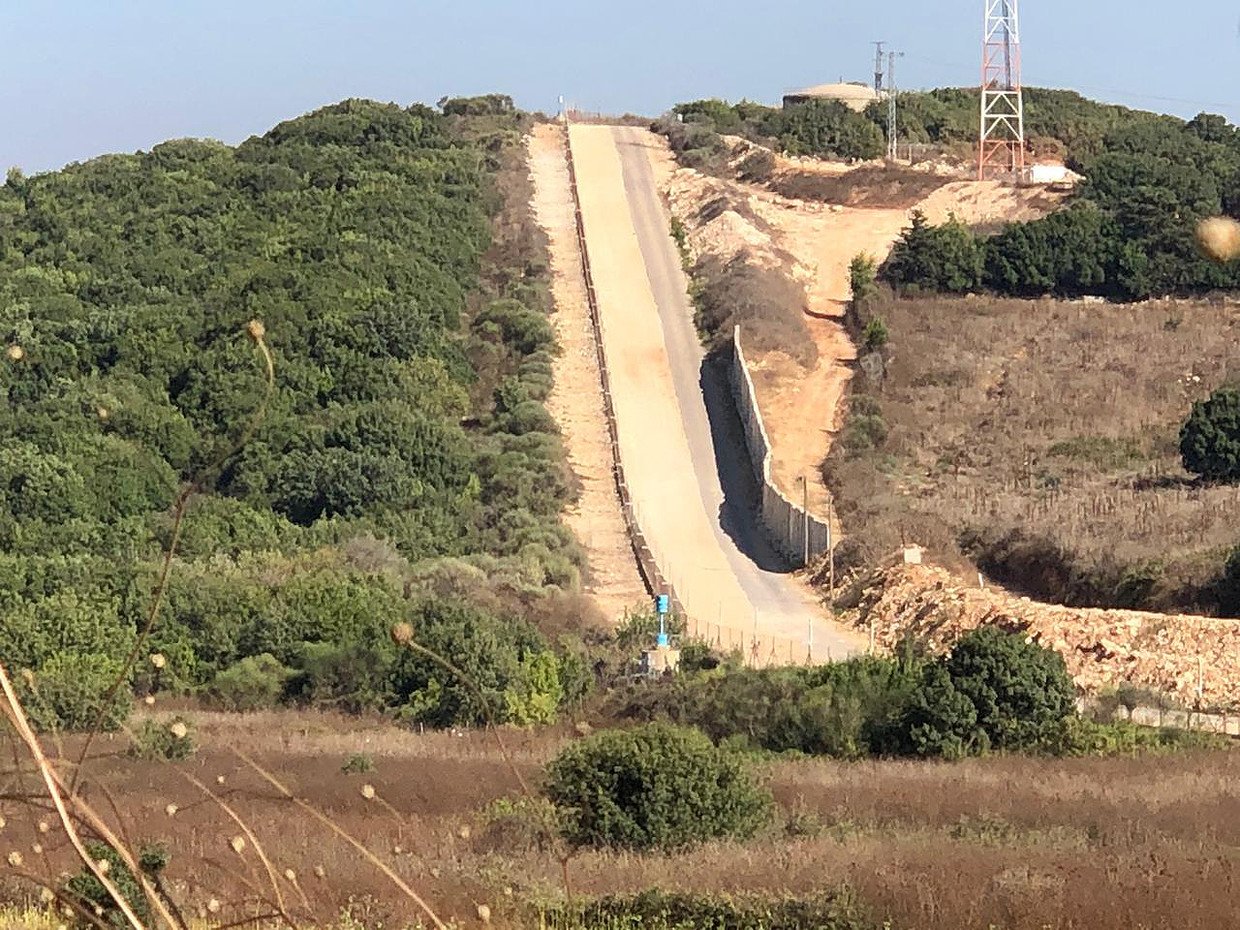
It is a very tough decision to make. If Lebanon or Hezbollah decide to retaliate, or simply protect their country, thousands will die. Perhaps immediately.
If they don’t retaliate, new walls will be erected, and the ‘low-key’ bombing campaigns by the Israelis will continue for, most likely, many years to come. As a result, the entire region will continue to be paralyzed.
My local colleague was more expressive: “This inertia is like a slow death for the whole of Lebanon.”
Think your friends would be interested? Share this story!
The statements, views and opinions expressed in this column are solely those of the author and do not necessarily represent those of RT.














